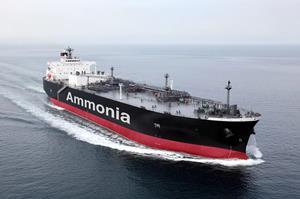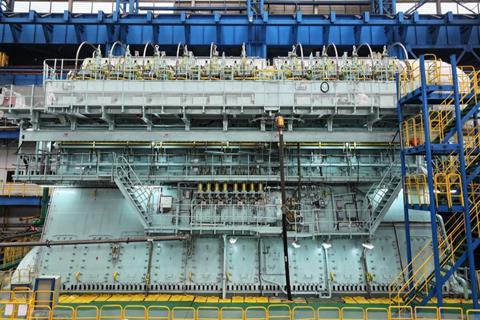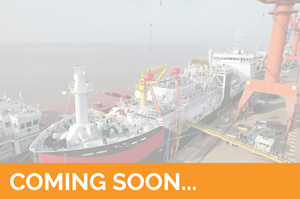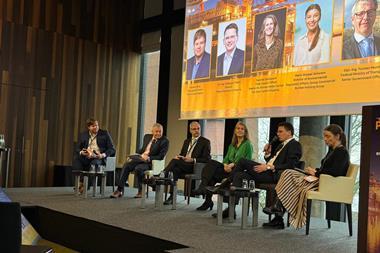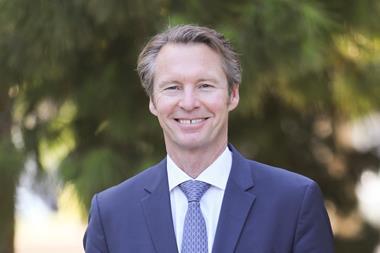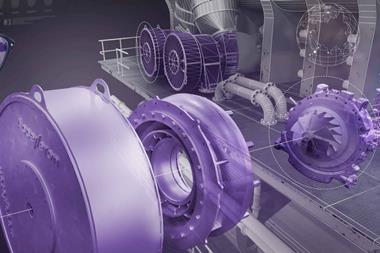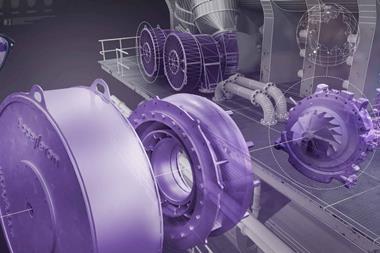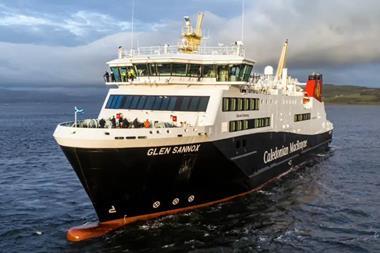This week is immensely important for global shipping industry and perhaps it’s not too much of a stretch to say the world as a whole. The IMO’s Marine Environment Protection Committee is currently in session discussing how to put emission-cutting proposals (read “world saving”) actually into practice, which is kind of the tricky part.
This year, The Motorship started a series of Special Reports on future fuels. We’ve had ammonia, methanol and most recently biofuels so far. Those who have read these reports would hopefully hear the words of the IMO’s Secretary General, Arsenio Dominguez (pictured), ring through each of them as he acknowledged fears in the industry that there will simply not be enough alternative fuels for the global fleet. The old supply and demand conundrum.
We spoke with Lynn Loo, CEO of the Global Centre for Maritime Decarbonisation, earlier this year who freely and quite eloquently, referenced supply and demand issues when it comes to ammonia. “It’s not even a chicken-and-egg problem—we don’t have the chicken or the egg,” she replied when I asked about the supply of green ammonia. The irony being that ammonia has been used for decades to make fertiliser, literally feeding the world but the cost of producing a green formulation of it using hydrogen is still prohibitively expensive.
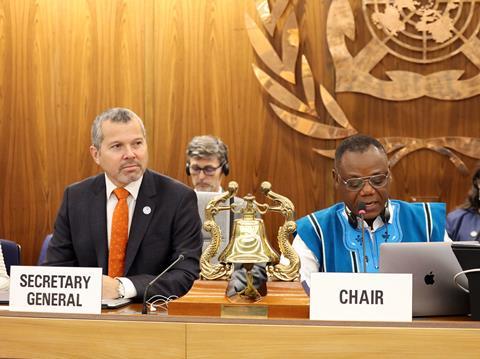
Earlier this week I was speaking to a C-suite representative of a global shipping company who replied “money,” when I asked why what sounded like quite a simple adaption to a vessel’s design had taken the company so long to implement. Similarly, the IMO’s Dominguez acknowledged how many want more support for early movers and developing States, all of which costs money of course.
Shipping’s reputation as a hard to abate sector, coupled with its rank as one of the highest global polluters puts the IMO’s meeting this week in perspective. Dominguez also acknowledged the “can’t win” situation the IMO is in given calls by some that the proposals to reduce GHG emissions don’t go far enough while others say further regulation will just place further burden on a sector already operating on wafer thin margins.
The answer? Well that’s still to come but the gravity of what is being discussed brings to mind Einstein’s famous quote about World War III, that if fought with nuclear weapons, “World War IV will be fought with sticks and stones”. If there’s no definitive step forward on how make an industry that is essential for modern, civilised living with an abundance of goods easily available to us from all over the world more sustainable, we’re in big trouble. Trump had already expressed his discontent over being told what to do but lest we not forget, put out a joint statement reiterating the point last week.
Next month, from the 25th to the 27th we’re hosting our Propulsion and Future Fuels event in Hamburg. The longest running technical maritime conference in the world bar none, it’s the 46th this year. To hear from those involved in the manufacture of engines that run on future fuels or producers of wind-assisted propulsion systems click here to book your place. Given the outcome of this week’s discussion at the IMO is likely to cause a sea-change (sorry!) in the industry, it might be useful to hear the latest developments.


